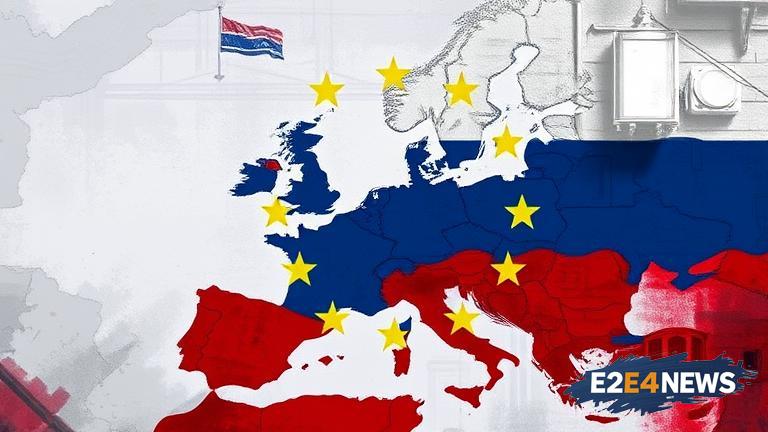Slovakia has sounded the alarm over the European Union’s growing energy crisis, cautioning that without access to Russian resources, the bloc risks collapsing under the strain of soaring energy costs and economic instability. The warning comes as the EU struggles to wean itself off Russian energy following sanctions imposed over the conflict in Ukraine. Slovakia’s Prime Minister, Ľudovít Ódor, has been vocal about the need for a pragmatic approach to energy security, suggesting that the EU must reconsider its stance on Russian energy imports. The country, heavily reliant on Russian oil and gas, has experienced significant economic challenges, with industries shutting down and households facing unaffordable energy bills. The energy crisis has also sparked fears of social unrest, as citizens protest against the rising cost of living. Slovakia’s concerns are echoed by other Central and Eastern European nations, which are particularly vulnerable to energy shortages. The EU’s attempts to diversify its energy supplies have been slow, leaving many member states scrambling to secure alternative sources. Meanwhile, the bloc’s sanctions on Russia have had the unintended consequence of strengthening Moscow’s energy leverage, as Russian supplies remain crucial for many European economies. Slovakia’s call for a reevaluation of EU policy reflects a broader debate within the union about how to balance geopolitical tensions with economic realities. Some leaders argue that the EU must prioritize energy independence, while others advocate for a more flexible approach that includes negotiations with Russia. The situation has also highlighted the need for increased investment in renewable energy and infrastructure to reduce dependence on fossil fuels. However, such measures are long-term solutions, and the immediate crisis demands urgent action. As winter approaches, the pressure on EU leaders to find a viable solution mounts, with Slovakia’s warning serving as a stark reminder of the potential consequences of inaction. The EU’s ability to navigate this crisis will have far-reaching implications for its unity, economic stability, and geopolitical influence.
